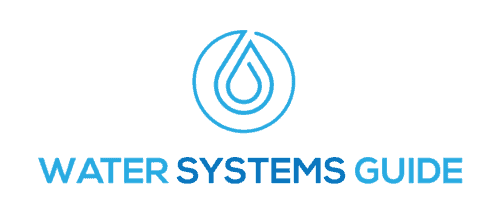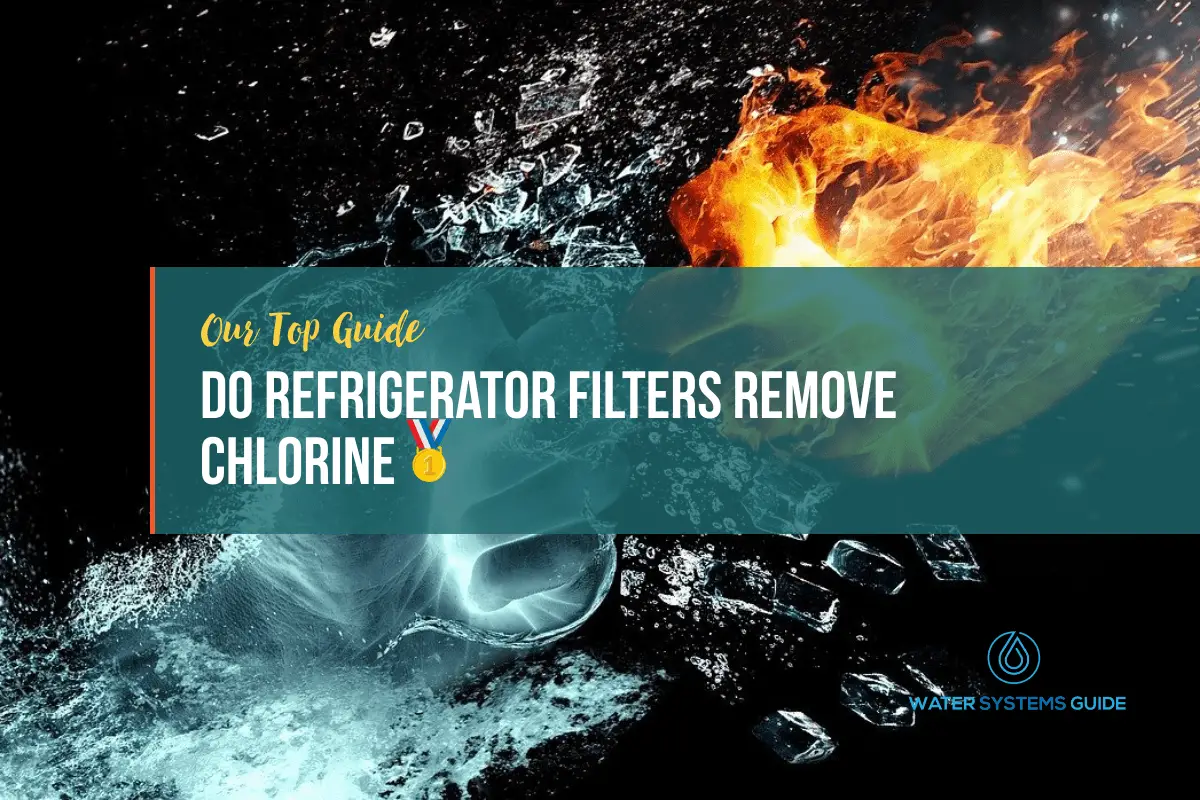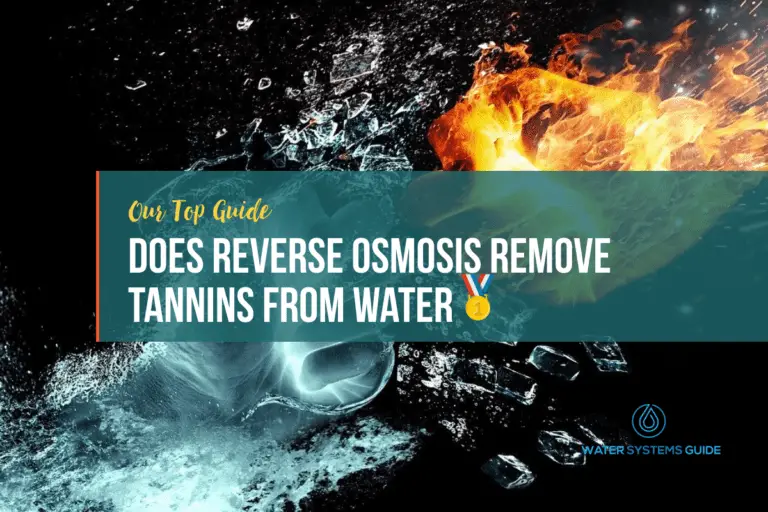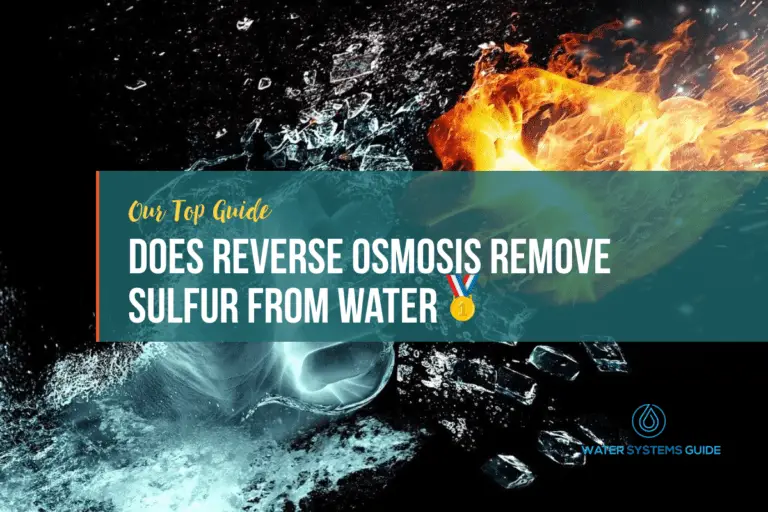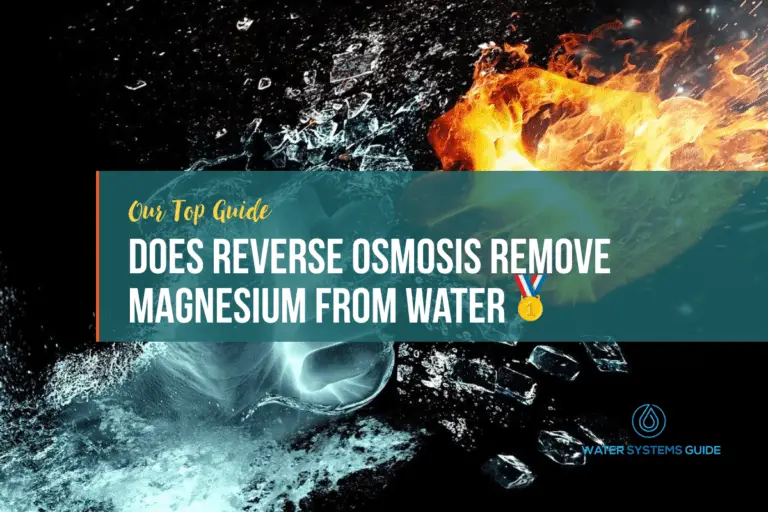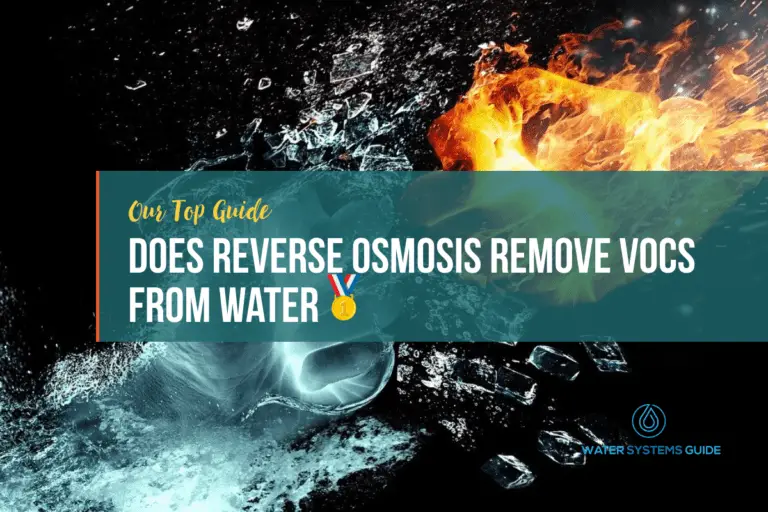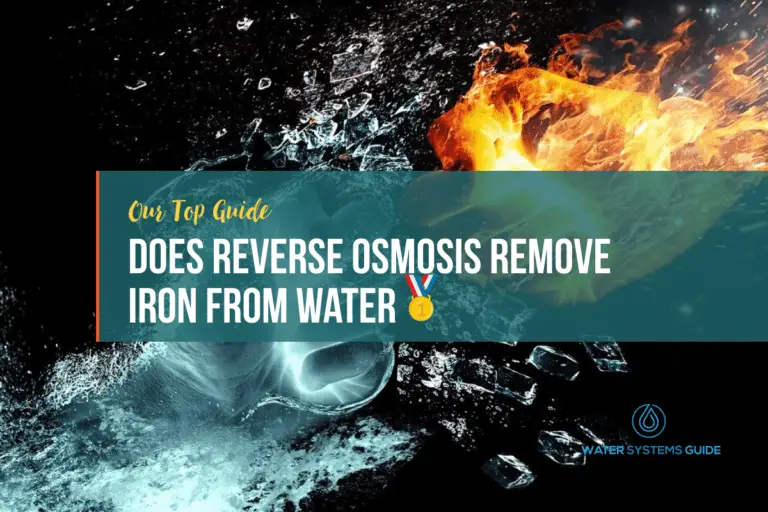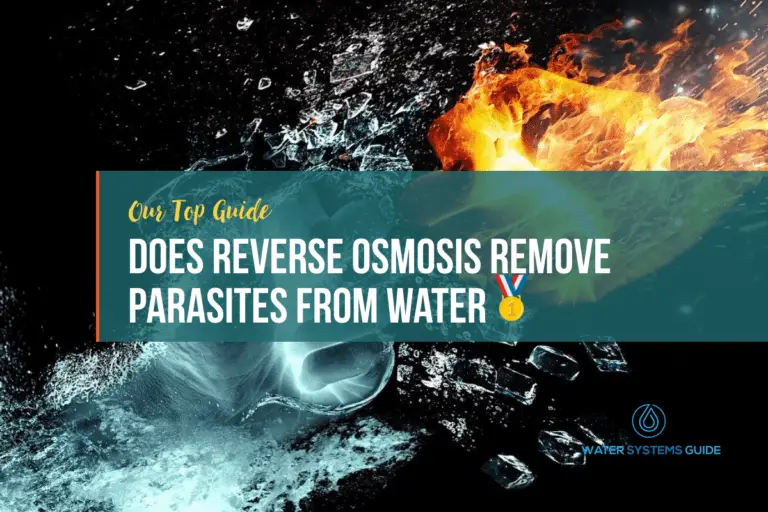Do Refrigerator Filters Remove Chlorine?
According to the Environmental Protection Agency, chlorine is present in public water supplies to disinfect them and make them safe for human consumption. However, once water enters your home, it can pick up additional contaminants like lead and mercury. This is why many homeowners choose to install a refrigerator filter, which they believe will remove chlorine from their drinking water. But do refrigerator filters actually remove chlorine?
What are Fridge Filters?
A fridge filter is a device that is used to remove impurities from the water that is used to fill the fridge. The water filter is usually located in the back of the fridge, and it is important to replace it every six months to ensure that the water that your family is drinking is clean and free of contaminants.
What Is Chlorine?
Chlorine is a gas that is added to water to kill bacteria. It is also used in swimming pools to kill bacteria and make the water safe to swim in. When chlorine is added to water, it forms a chemical called chloramine. Chloramine does not evaporate as quickly as chlorine, so it can stay in the water for a long time.
Chlorine’s Impact On Human Health
Chlorine is a chemical element that is essential for life, but too much exposure to it can be harmful. It is used in many industries, such as water treatment and swimming pools, and is also found in some household cleaning products.
When inhaled in its gas form, it can irritate the respiratory tract and cause coughing, wheezing and difficulty breathing. In severe cases, it can lead to fluid build-up in the lungs and even death.
Skin contact with chlorine can cause redness, itching and burning. Ingesting large amounts of chlorine can damage the stomach and intestines.
Therefore, it’s clear that filtration of this chemical is important, especially if you suspect that it’s in your water supply in large doses.
Do Fridge Filters Remove Chlorine?
Yes, fridge filters are designed to remove chlorine from water.
Chlorine is a common contaminant in tap water, and it can cause a variety of health problems if consumed in high levels.
Fridge filters provide a simple and effective way to remove chlorine from your water, ensuring that you and your family can enjoy safe, clean drinking water.
What Contaminants Do Refrigerator Filters Remove?
Refrigerator filters remove contaminants from your water and ice, making them safer and tastier to consume.
The most common contaminants that refrigerator filters remove are lead, chlorine, and sediment. Some refrigerator water filters also remove fluoride, which can be beneficial if you live in an area with high levels of naturally occurring fluoride in the water supply.
What About Water Filtration For The Rest Of My Home?
It’s ok to know that the water coming from your fridge dispenser is fresh and contaminant free, but what about water from your taps? This is where it might be useful to consider a water system, such as a whole house reverse osmosis unit, which has activated carbon filters to help remove chemicals and impurities from your water.
Conclusion
In conclusion, refrigerator filters do remove chlorine from water. This is important because chlorine can be harmful to your health.
It is recommended that you replace your refrigerator water filter every six months to ensure that the water you are drinking is safe.
